On the frontline answering cries for help in Fife, one paramedic describes how she and her colleagues are so exhausted under relentless pressure they fear making critical errors.
The medic reveals that staff working 12 hours or more are lucky to find time to take a break of just 20 minutes.
Life-saving emergency responders who we all rely on are now at “breaking point”, according to those sharing experiences with The Courier.
Shift patterns and the lack of breaks leave staff so exhausted that one medic said many are fearful of making a mistake while driving at high speeds.
Relentless pressure ‘lethal’
“It’s lethal. We are meant to use our blue lights, but I think you’ll find there’s a lot who don’t use them because the more tired we get the slower our reaction time,” she says.
“It’s utterly relentless, in seven shifts you can end up with hours of overtime. You’re not rested and it’s my licence at the end of the day.
“If I make a mistake and someone dies I’m the one who is in court. If I make a mistake I could lose my job, my house and my life.”
Speaking to The Courier, the experienced paramedic – who is not authorised to speak publicly – says shifts exceeding 14 hours with just a 20=minute break are common.
“It is brutal,” she adds. “You know you are going in and will be lucky to eat. It will be non-stop. If there is a vehicle for us to sign on to we will be out the door before we even have time to check the vehicle.”
“That’s a real patient safety issue,” she says, pointing out that it means crews will not have time to ensure life saving equipment and drugs are properly stocked.
Crews say a large part of the problem is they spend hours outside A&E departments so full they can’t unload ambulances.
This creates a backlog of calls where they are unable to respond.
It creates other problems for patient care as a ward outside the hospital is created with ambulances.
Paramedics ‘juggling’ patient lives stuck outside hospitals
She told us: “When we’re at the hospital, we’re sometimes having to go into other vehicles where there is a technician crew (another grade of ambulance staff with less training) to put up fluids or give pain relief.
“We then can’t leave that patient with the original crew, and are sometimes having to juggle the lives of up to three or four patients.
“I’m not trained for that. I’m trained in emergency medicine and pre-hospital care. We seem to getting lumbered in with all these jobs that we’ve had no training for and we don’t know if we’re doing more harm than good.”
The problem is exacerbated because ambulances bosses are too far removed and do not see the daily reality, she claims.
Staff also work together to prevent serious harm or disruption, she says, which masks the problem.
Why speak out now?
The description of life on the frontline comes as ambulance staff across Scotland voted to consider striking over the failure to ease pressure and ensure they receive proper rest breaks.
Ambulance staff are entitled to breaks of up to 40 minutes, but trade union GMB says they may be forced to strike to force a system change.
Karen Leonard, GMB Scotland organiser in the ambulance service, said: “The failure to ensure crews are properly rested has been an increasing cause of concern for years.
“Crews were once told it was because of Covid, now turnaround times at hospitals are being blamed. Enough is enough.”
Some 93% of staff balloted supported potential strike action, a result Ms Leonard said reflected the “deepening frustration” of the work force.
Breaks are not a luxury but a necessity and it is beyond time for managers to understand that.
Karen Leonard, GMB
She added: “For many reasons, not least the welfare of crews and the safety of patients, proper breaks must be an essential and secure part of every shift.”
A two-month trial was launched in August with dispatchers told crews on a break should only be disturbed to attend the most serious call-outs or if no other ambulance is available for 25 minutes.
But Leonard has now written to the ambulance service’s new chief executive, Michael Dickson, to say the pilot has failed.
Health bosses are due to discuss the issue with unions this week, but GMB warn that without there would be a formal strike ballot.
Mid Scotland and Fife MSP Murdo Fraser said the buck stopped with the Scottish Government.
He told The Courier: “This is an intolerable and very concerning situation facing paramedics in Fife and I can entirely understand why the GMB is considering strike action as a result of the pressure their ambulance crew members are being placed under.”
A Scottish Ambulance Service spokesperson insisted things had improved.
She said: “The NHS as a whole continues to experience high demand, and this includes the Scottish Ambulance Service.
“This pressure is compounded by extended delays in handing patients over at a number of sites in Scotland.
“We continue to work with union colleagues to address our joint concerns about staff rest breaks and our data demonstrates an improved picture in contrast to that presented by GMB.
“Additionally, we have also adopted guidance from the Health and Safety Executive (HSE) in relation to fatigue scoring to reduce the risks associated with fatigue.”
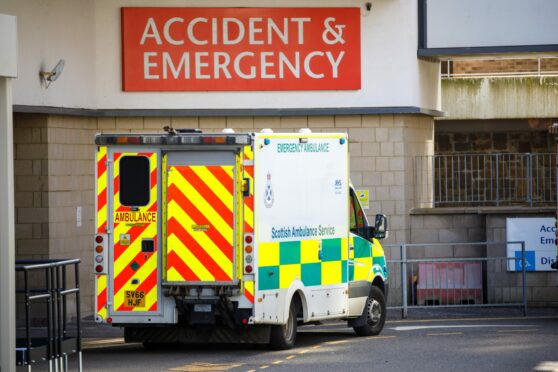
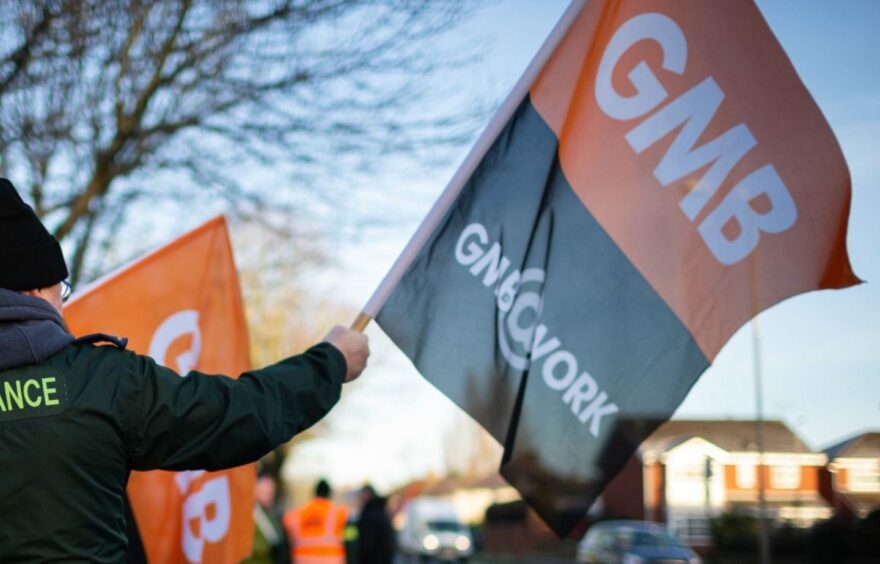
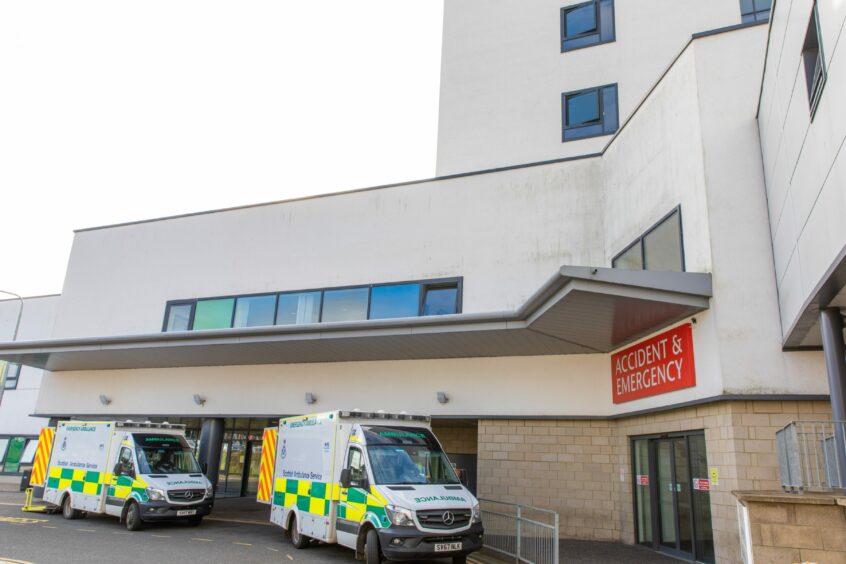
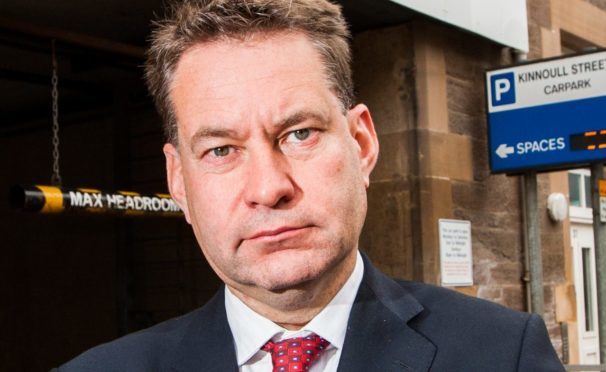
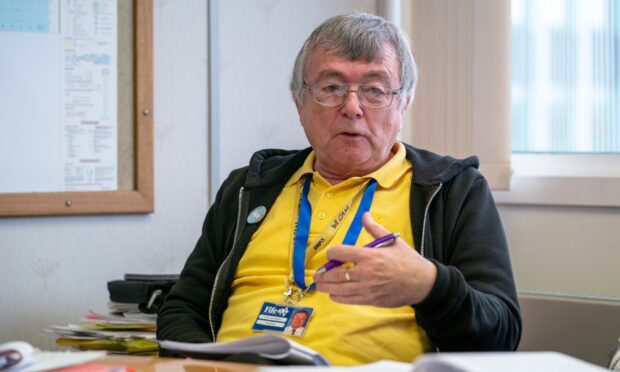




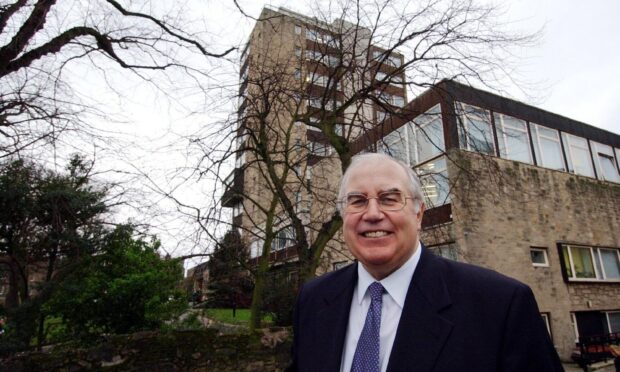



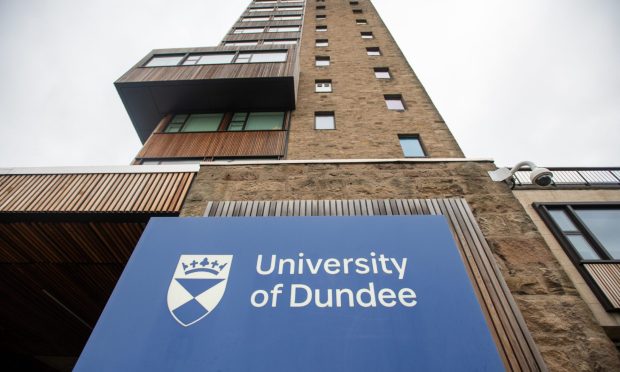
Conversation